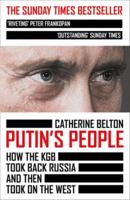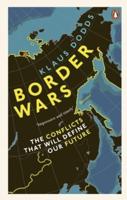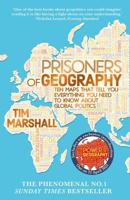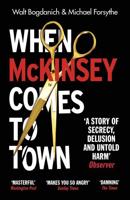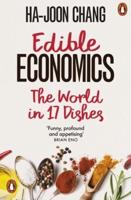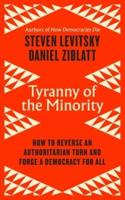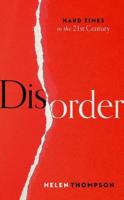Publisher's Synopsis
One of Britain's defining contributions to the modern world, Free Trade united civil society and commerce and gave birth to consumer power. In this book, Frank Trentmann shows how the doctrine of Free Trade contributed to the growth of a democratic culture in Britain - and how it fell apart. Far from the cold economic doctrine of today, in an earlier battle over globalization Free Trade was a passionately held ideal, central to public life and national identity. Free Trade inspired popular entertainment and advertising, in seaside resorts, shows, and shopping streets. It mobilized an alliance of elites and the people, businessmen and working-class women, imperialists and internationalists. Free Trade Nation follows the creation of this culture in nineteenth-century Britain, and its subsequent unravelling in the First World War and the depression of the 1930s, when consumers and internationalists, labour and business now attacked it for sacrificing international stability and domestic welfare at the temple of cheapness. These successful attacks marked the end of a defining chapter in history.The popular culture of Free Trade was never to return. For anyone interested in the current problem of globalization, this book offers a vivid and thought-provoking perspective on the success and failure of Free Trade. For champions of trade liberalization, it is a reminder that culture, ethics and popular communication matter just as much as sound economics. Believers in Fair Trade, by contrast, will be surprised to learn that in the past it was Free Trade, not Fair Trade, that was seen to stand for values such as democracy, justice, and peace.


